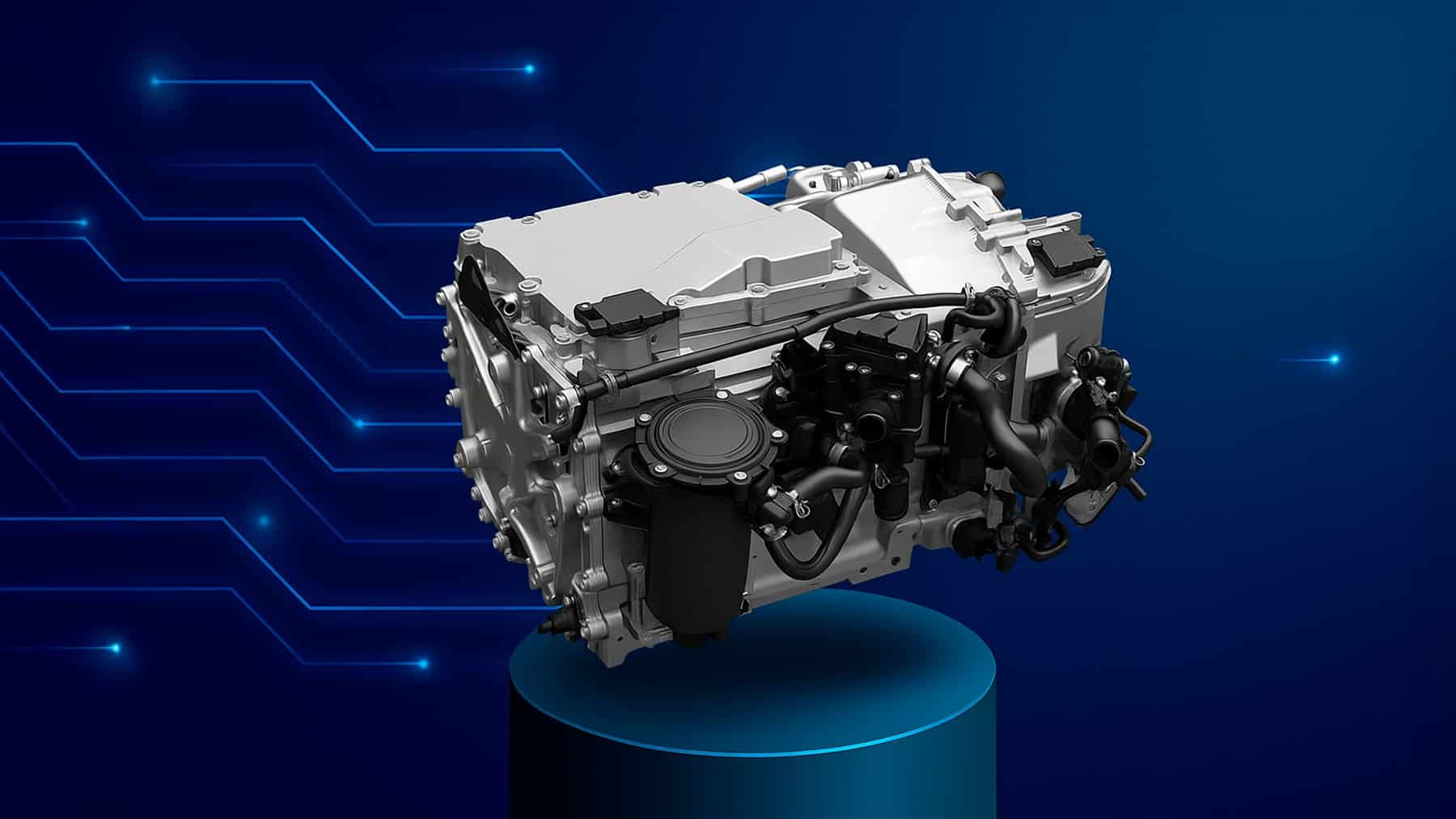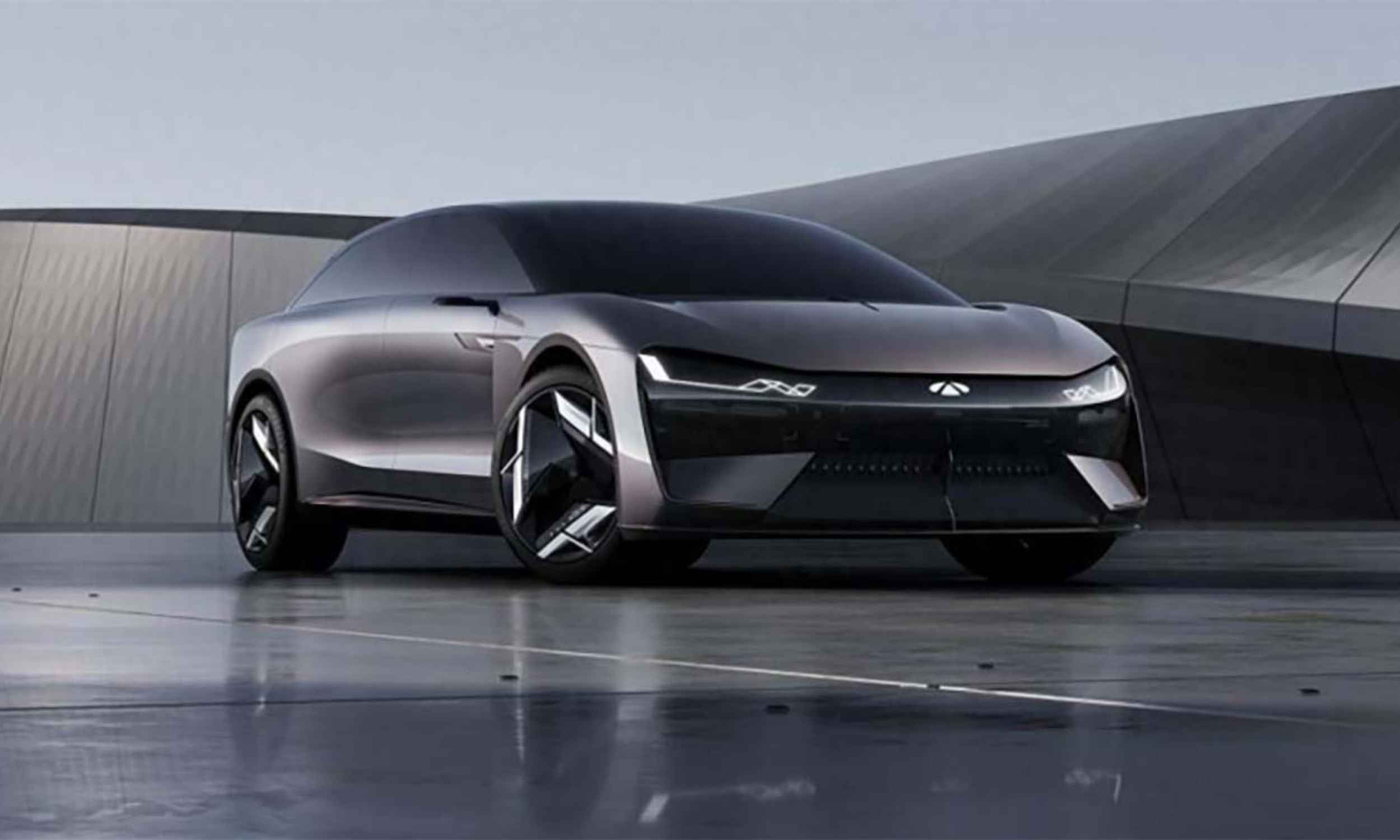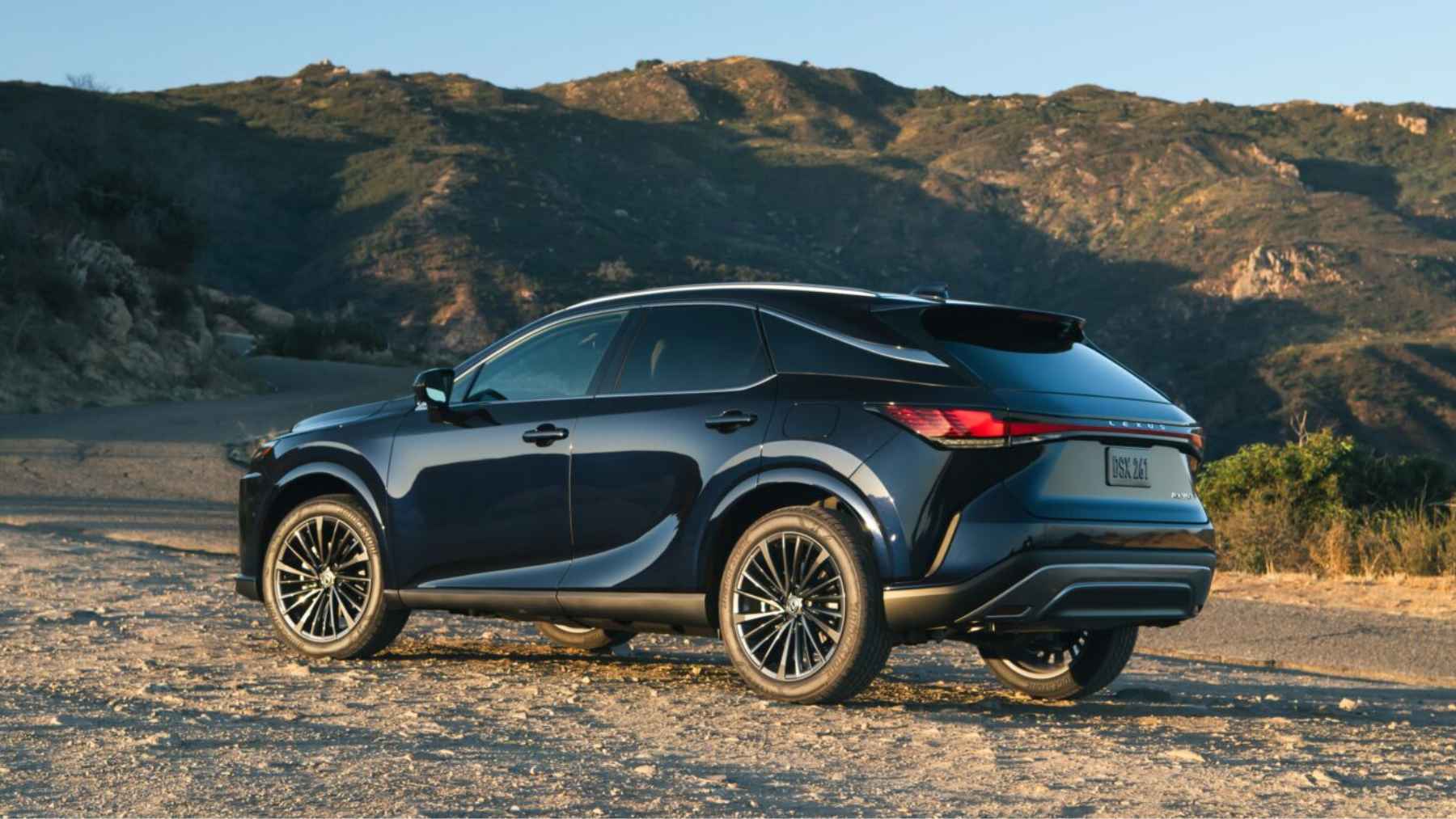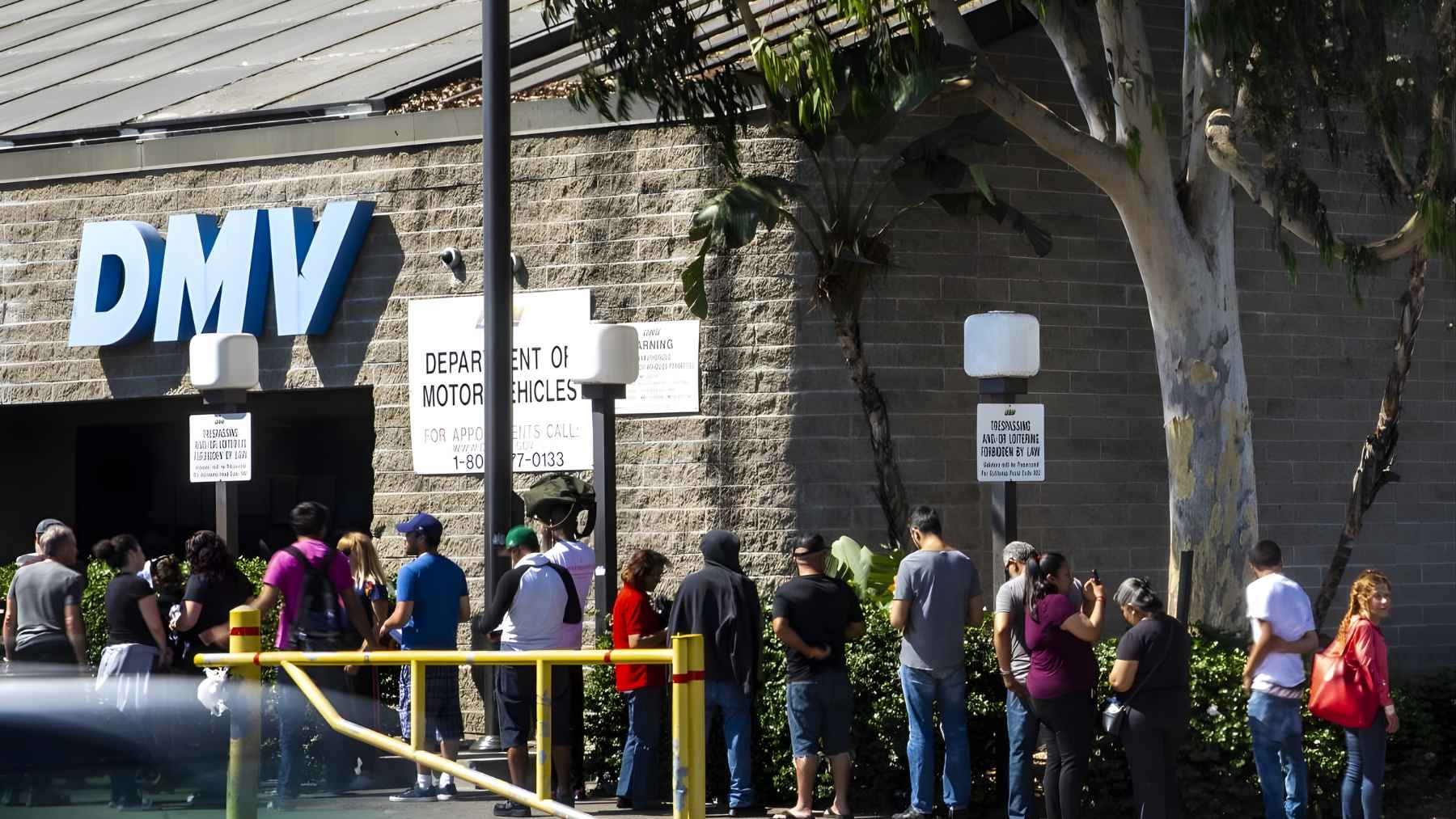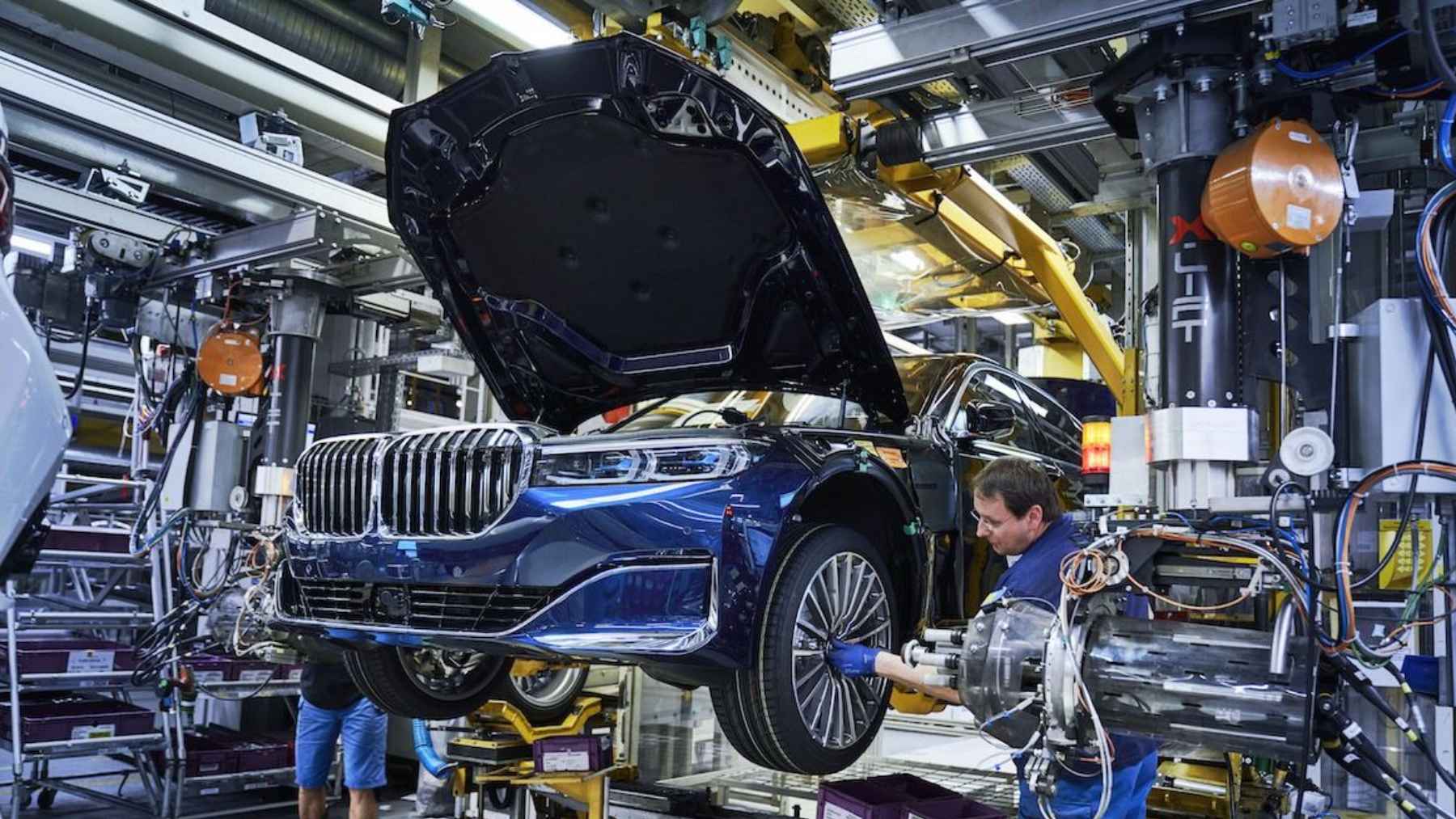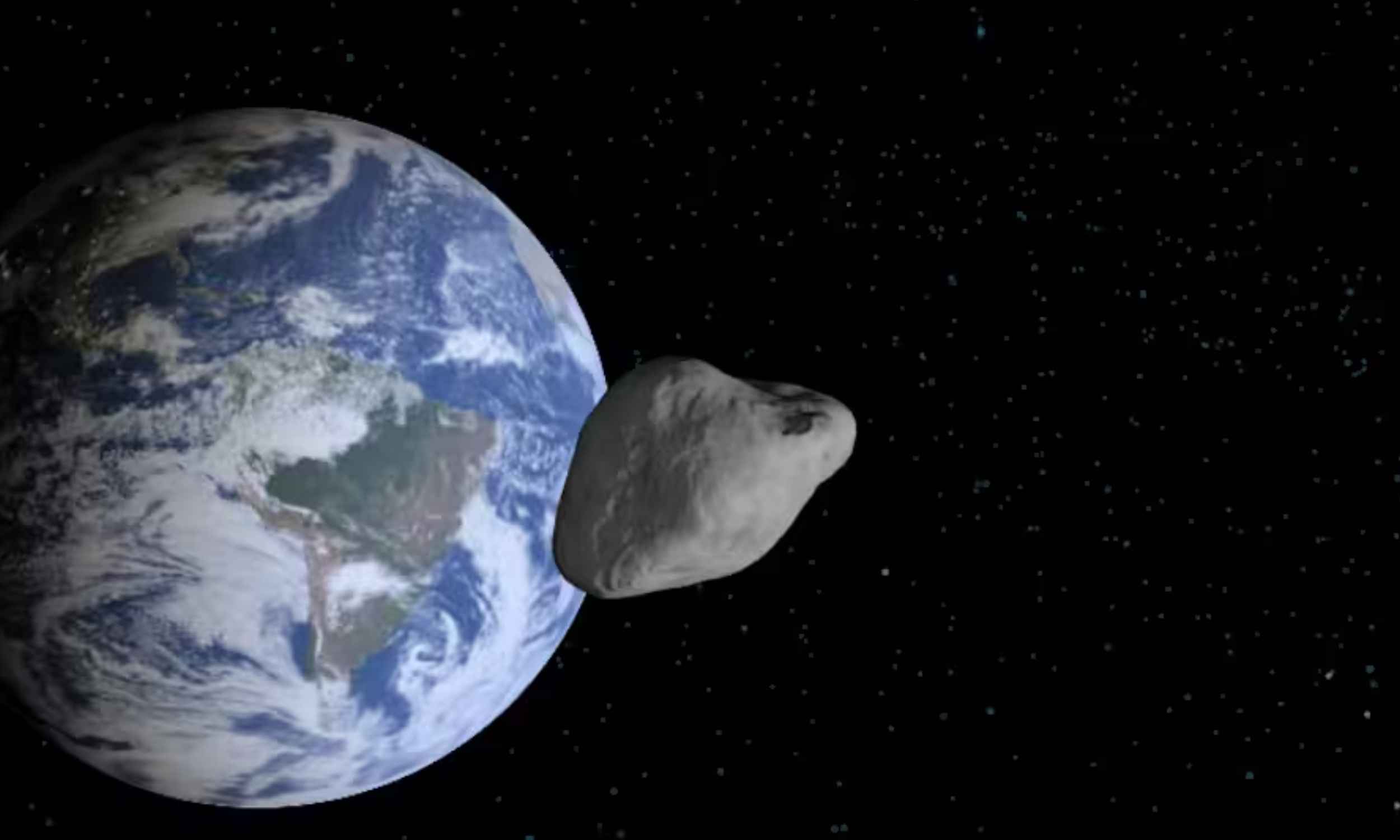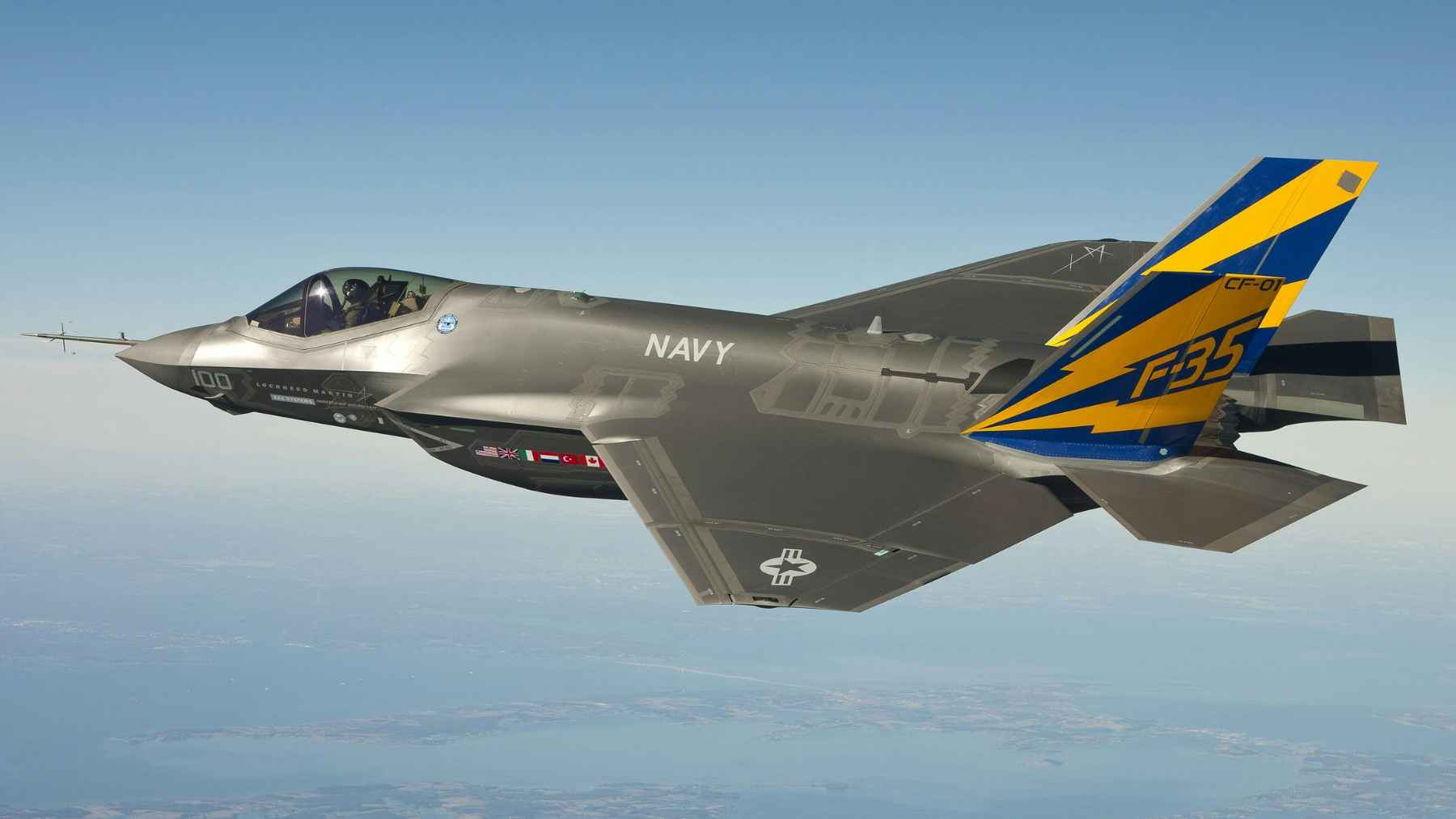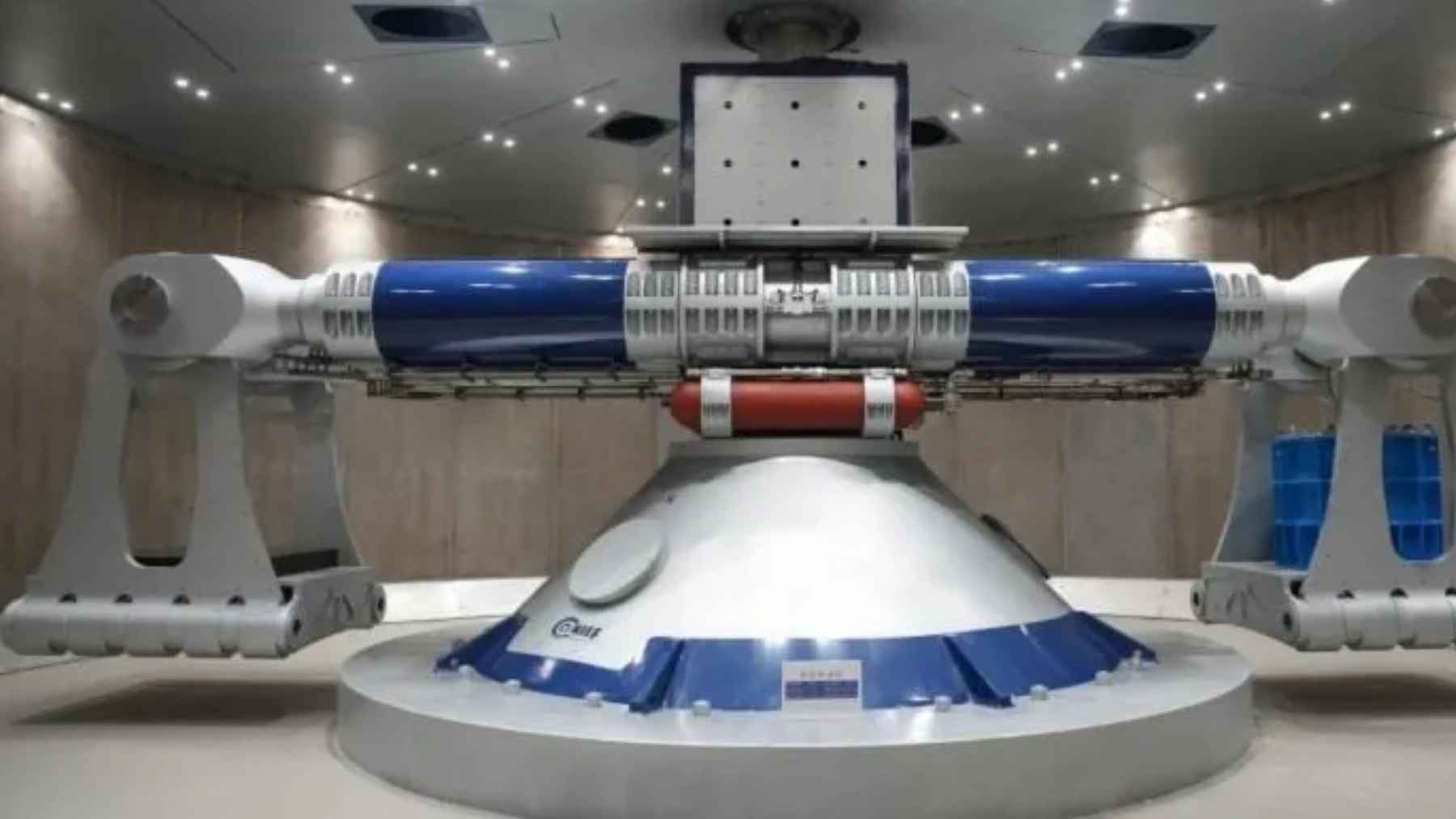Since the world remains fascinated by the battery-electric hype, a historic Japanese automaker is revisiting the hydrogen agenda. While both Toyota and Kia are working on their electric vehicle (EV) portfolio, another automaker has made it clear that hydrogen is the zero-emission fuel that is a core part of its future, and this automaker is keen about a sustainable future. With hydrogen fuel cell vehicles, the problem remains that people will buy these vehicles when the infrastructure exists, but the infrastructure will only be built once people start buying more of these vehicles.
Historic Japanese automaker looking towards hydrogen vehicles and more
The Japanese brand is not only pushing the agenda whereby hydrogen vehicles get released, but the automaker is looking to invest in the full hydrogen ecosystem. The recently unveiled 2025 CR-V e: FCEV is one such hydrogen fuel cell vehicle that will become available for lease in California. The beauty of this hydrogen fuel cell vehicle is its backup plan of a 17,7 kWh plug-in battery that allows 29 miles of sheer electric driving, which is best for this type of hydrogen-powered plug-in hybrid.
While the car is something to ride home about, the company decides to apply its second-generation fuel cell stacks over many different domains, which sets it apart. Thus, high-output power is in demand. Since batteries cannot provide for the demand, the need for hydrogen fuel is all the more real.
Hydrogen fueling stations will become far more economically viable if the demand for these fueling stations increases. With more hydrogen fueling stations, all of the problems about hydrogen infrastructure are resolved.
Looking beyond the hood of the 2025 CR-V e: F CEV
For now, the CR-V e: FCEV is stealing the show as a compact SUV, but what lies under the hood is surely the showstopper. There is a hydrogen fuel cell system that is used to power the front-mounted electric motor. The good news is that this electric motor is capable of delivering 174 hp and 229 lb-ft of torque. When the battery is fully charged, the vehicle can accomplish a range of 270 miles, all thanks to the 4,3 kg hydrogen tank.
The battery can be charged up in about two hours on a Level 2 charger. The bi-directional charging possibilities ensure that the vehicle becomes a power source as well, especially during outages. All of these astonishing features are captured in a relatively subtle vehicle with glossy-black 18-inch wheels for the front and the rear that boasts heated faux-leather seats and some stylish sound with the 12-speaker Bose sound system.
Strategic moves in the hydrogen forefront
Toyota breaks from the hydrogen agenda, while another Japanese automaker is still pushing for hydrogen. Despite the news that Shell closed down all of its hydrogen fueling stations in the state, True Zero is still considered to be one of the biggest fuel suppliers.
So while Toyota is looking at breakthrough fuel, this Japanese automaker is making a strategic move in terms of hydrogen by including a battery backup. The company is also providing fuel subsidies to encourage users to love hydrogen, too. The idea is to lease only around 300 units of the CR-V e: FCEV initially.
Which Japanese automaker is considering hydrogen fuel?
Still eager about selling only zero-emission vehicles by 2040, Honda is maintaining its hydrogen vision. Honda is set on being fully carbon-neutral for all operations by 2050. While this Japanese automaker understands the value of battery-electric cars, it is not letting go of its hydrogen motive, since it recognizes that batteries may fall short in certain aspects.
With many other competing brands shifting their focus to EV wins, this is one automaker saying goodbye to EVs and looking towards larger fuel options. For now, Honda is taking this hydrogen path alone, but with a clear vision in mind. Honda may very well be starting a hydrogen transformation.
Disclaimer: Our coverage of events affecting companies is purely informative and descriptive. Under no circumstances does it seek to promote an opinion or create a trend, nor can it be taken as investment advice or a recommendation of any kind.
